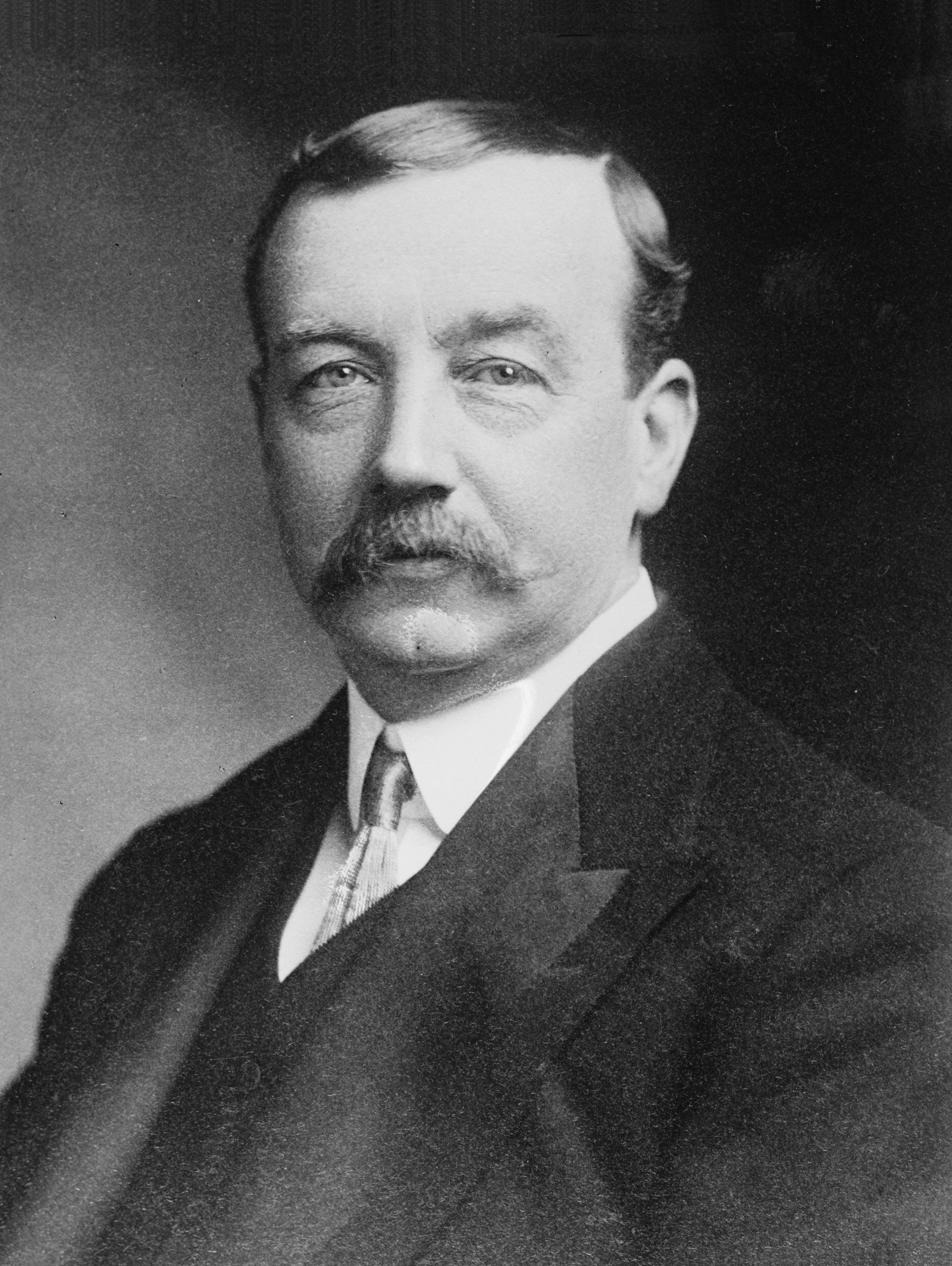Why was Arthur Henderson Awarded the Nobel Prize for Peace in 1934?
Exploring the Reasons Behind Arthur Henderson's Nobel Peace Prize Recognition
Arthur Henderson: A Champion of International Cooperation and Peace
In 1934, the Nobel Peace Prize was awarded to Arthur Henderson, a statesman and diplomat whose unwavering commitment to international cooperation and disarmament left an indelible mark on the world stage. His pivotal role in advocating for peace during a tumultuous era made him a deserving recipient of this prestigious honor.
 Early Life and Political Career
Early Life and Political Career
Born in 1863, Arthur Henderson’s journey into politics was marked by a strong sense of social justice and a deep belief in the power of diplomacy to prevent conflicts. He rose through the ranks of the labor movement in the United Kingdom, eventually becoming a prominent figure in British politics.
League of Nations and Disarmament Advocacy
Henderson’s enduring legacy lies in his contributions to the League of Nations, an international organization established after World War I to promote peace and prevent future conflicts. He tirelessly advocated for disarmament, believing that reducing military tensions would pave the way for global stability. His work was characterized by a commitment to dialogue, negotiation, and compromise.
The Kellogg-Briand Pact
One of Henderson’s most significant achievements was his instrumental role in the negotiation of the Kellogg-Briand Pact of 1928. This landmark agreement aimed to renounce war as an instrument of national policy and promote peaceful conflict resolution. Henderson’s dedication to the pact underscored his conviction that diplomatic solutions could replace armed hostilities.
**Recognition and Nobel Peace Prize:**
In 1934, Arthur Henderson’s tireless efforts were acknowledged with the Nobel Peace Prize. The Nobel Committee recognized his exceptional contributions to the cause of disarmament and his role in fostering international collaboration. Henderson’s commitment to preventing conflicts through diplomacy and his belief in the power of dialogue were at the heart of his recognition.
Legacy and Impact
Arthur Henderson’s Nobel Peace Prize was more than just an individual accolade; it was a testament to the transformative potential of diplomacy in an era marked by political tensions and uncertainty. His legacy continues to inspire modern-day diplomats, peace advocates, and leaders who recognize the significance of dialogue and cooperation in preventing conflicts.
Arthur Henderson’s Nobel Peace Prize in 1934 was a celebration of his dedication to international cooperation, disarmament, and the pursuit of lasting peace. His life’s work exemplified the principles of diplomacy, compromise, and unity, which are vital for maintaining global harmony. Henderson’s legacy reminds us that even in challenging times, the pursuit of peace through dialogue and cooperation remains a beacon of hope for a better world., in 1889, Carl von Ossietzky’s early life experiences, including his service as a soldier during World War I, deeply influenced his pacifist convictions. As a journalist and editor, Ossietzky used his platform to vehemently oppose the militarization of Germany and to expose the covert rearmament efforts that were in violation of the Treaty of Versailles. His writings revealed the stark realities of a nation rearming itself while disregarding international agreements, and he tirelessly warned against the impending threat to global peace.
Exposing the Secret Military Buildup
Ossietzky’s pivotal moment came in 1931 when he published an explosive article in the German pacifist magazine “Die Weltbühne.” In this groundbreaking piece, he unveiled the existence of the clandestine German military organization known as the “Reichswehr Ministry,” which was responsible for systematically bypassing disarmament provisions imposed by the Treaty of Versailles. Ossietzky’s exposé not only drew international attention but also triggered outrage within Germany, leading to his arrest and subsequent imprisonment by the Nazi regime.
Defiance in the Face of Tyranny
Even as he endured imprisonment and harassment, Ossietzky’s commitment to his convictions remained unshaken. His refusal to compromise his principles, even under extreme duress, exemplified the power of individual resistance against a repressive regime. Ossietzky’s plight garnered international sympathy and amplified the global outcry against the rising tide of fascism and militarism.
Nobel Peace Prize Recognition
In 1935, the Norwegian Nobel Committee awarded Carl von Ossietzky the Nobel Peace Prize for his courageous stance against militarism and his efforts to promote disarmament. The committee’s decision to honor Ossietzky was a resounding endorsement of his dedication to peace, his fearless journalism, and his unwavering commitment to shedding light on the dangerous consequences of unchecked militarism and aggression.
Legacy and Impact
Carl von Ossietzky’s Nobel Peace Prize not only recognized his individual bravery but also symbolized the broader struggle against the forces of totalitarianism and war. While Ossietzky’s health had deteriorated significantly during his imprisonment, the recognition bestowed upon him by the Nobel Committee provided a glimmer of hope for all those who believed in the power of peaceful resistance. Ossietzky’s legacy continues to inspire generations to stand up against oppression, to defend freedom of expression, and to work tirelessly towards a world where dialogue and cooperation triumph over militarism and conflict.
Carl von Ossietzky’s Nobel Peace Prize in 1935 stands as a testament to his unflinching courage, his commitment to peace, and his unyielding resistance against the forces of militarism and authoritarianism. His dedication to truth and his defiance in the face of tyranny made him an icon of peaceful resistance, whose legacy continues to inspire individuals and movements around the world striving for a more just, peaceful, and compassionate global community.




